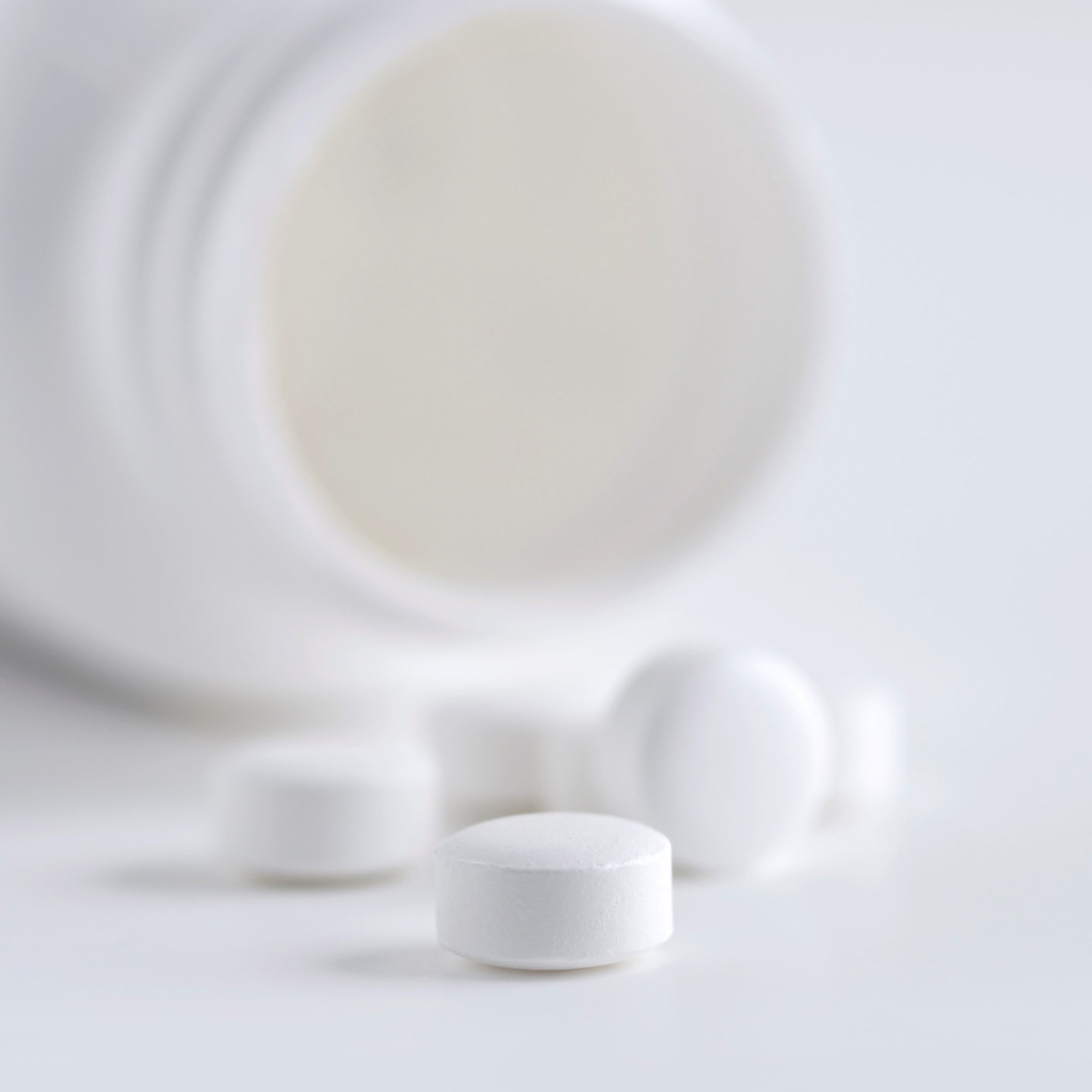Health and Healthcare
Why AstraZeneca Could Gain Another 15% Despite Market Headwinds

Published:
Last Updated:

In recent weeks, major pharmaceuticals have been under fire in light of the recent Mylan EpiPen pricing fiasco. But now a key research firm is seeing one of these companies in a positive light, with a potential 15% upside. Argus sees AstraZeneca PLC (NYSE: AZN) making a good case for itself in the coming year.
Argus upgraded AstraZeneca to a Buy rating from Hold with a $38 price target. While most companies in the Big Pharma group have moved beyond the patent cliff phase and are beginning to grow, AstraZeneca has lagged, as it faces pricing pressure and generic threats to its former blockbusters Nexium (for ulcers) and Crestor (for high cholesterol).
Management is taking steps to address these challenges by cutting costs and assembling a strong new drug pipeline, including a promising checkpoint inhibitor product to treat various cancers. In the meantime, the shares offer a value opportunity, not to mention a secure dividend with a yield of about 4.2%.
Also the company is active in M&A. In February 2016, it purchased a 55% stake in Acerta Pharma, based in the Netherlands and the United States, which focuses on treatments for cancer and autoimmune diseases. Acerta’s lead molecule is acalabrutinib, which is under development for B-cell blood cancers and multiple solid tumors. AstraZeneca made an initial payment of $2.5 billion for its stake in Acerta, and it will pay an additional $1.5 billion when the drug receives its first regulatory approval, or by the end of 2018 if no approval has been obtained by that date.
The company’s lead pipeline candidate is a checkpoint inhibitor, durvalumab, which is being studied for the treatment of numerous cancers, including lung cancer and head and neck cancer. Phase 3 trial results for first-line lung cancer are due in the first half of 2017. Checkpoint inhibitors are a new pharma industry growth segment in which Merck and Bristol-Myers Squibb also participate. In late July, AstraZeneca’s prospects – and share price — got a boost when Bristol-Myers’ Opdivo failed to reach its endpoint in a lung cancer trial.
Excluding Monday’s move, AstraZeneca has underperformed the broad markets, with the stock up nearly 2% year to date. Over the past 52 weeks, the stock is actually up closer to 9%.
Shares of AstraZeneca were trading up 0.7% at $33.29 on Monday, with a consensus analyst price target of $35.50 and a 52-week trading range of $26.97 to $35.04.
Retirement planning doesn’t have to feel overwhelming. The key is finding professional guidance—and we’ve made it easier than ever for you to connect with the right financial advisor for your unique needs.
Here’s how it works:
1️ Answer a Few Simple Questions
Tell us a bit about your goals and preferences—it only takes a few minutes!
2️ Get Your Top Advisor Matches
This tool matches you with qualified advisors who specialize in helping people like you achieve financial success.
3️ Choose Your Best Fit
Review their profiles, schedule an introductory meeting, and select the advisor who feels right for you.
Why wait? Start building the retirement you’ve always dreamed of. Click here to get started today!
Thank you for reading! Have some feedback for us?
Contact the 24/7 Wall St. editorial team.